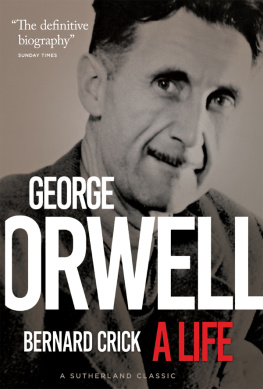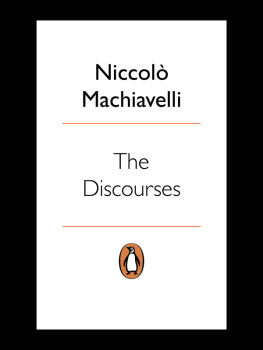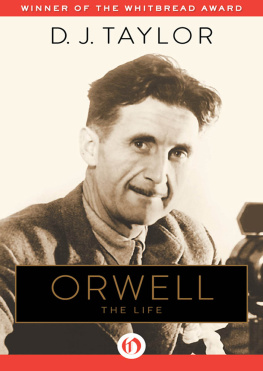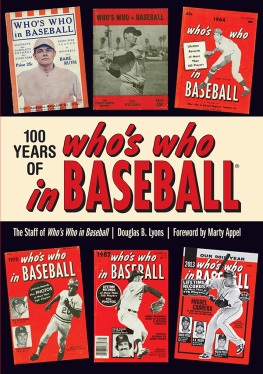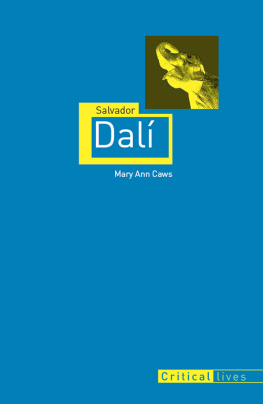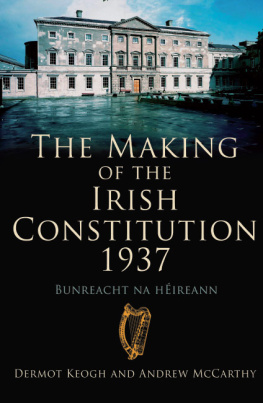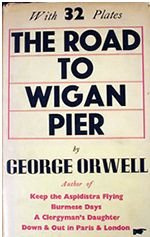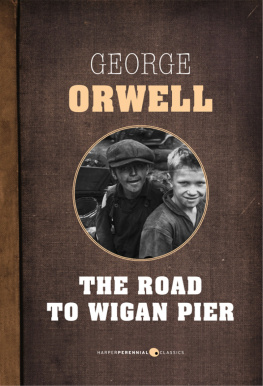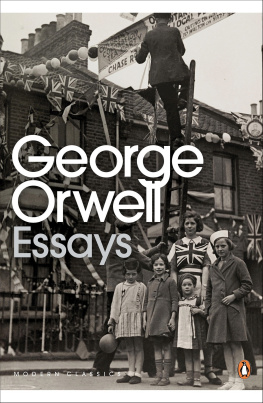George Orwell: A Life
ALSO BY BERNARD CRICK
In Defence of Politics
The American Science of Politics
Crossing Borders: Political Essays
Crime, Rape and Gin: Reflections on Contemporary Attitudes to Violence, Pornography and Addiction
Citizens: Towards a Citizenship Culture
Democracy: A Very Short Introduction
George Orwell
A Life
BERNARD CRICK

Sutherland House
416 Moore Ave., Suite 205
Toronto, ON M4G 109
Copyright 1980 Bernard Crick
First published by Martin Secker & Warburg Limited, a part of Vintage. Vintage is an imprint of the Penguin Random House Group of companies.
All rights reserved, including the right to reproduce this book or portions thereof in any form whatsoever. For information on rights and permissions or to request a special discount for bulk purchases, please contact Sutherland House at
Sutherland House and logo are registered trademarks of The Sutherland House Inc.
Manufactured in Canada
Cover designed by Louis Fishauf
Cover photograph courtesy BBC
Book composed by Karl Hunt
Library and Archives Canada Cataloguing in Publication
Title: George Orwell : a life / Bernard Crick.
Names: Crick, Bernard, 19292008, author.
Description: Originally published in Great Britain by
W. Collins & Sons & Co. in 1980. |
Includes bibliographical references and index.
Identifiers: Canadiana 20190048891 | ISBN 9781999439507 (hardcover)
Subjects: LCSH: Orwell, George, 19031950. |
LCSH: Authors, English20th centuryBiography. |
LCSH: JournalistsGreat BritainBiography.
Classification: LCC PR6029.R8 Z627 2019 |
DDC 828/.91209dc23
ISBN 978-1-9994395-0-7
A WORD ABOUT SUTHERLAND CLASSICS
Sutherland Classics is a new series of reprints of classic books of biography, memoir, and narrative history. It was inaugurated by the Toronto-based publisher Sutherland House in 2019. The purpose of the Classics series is to recognize exemplary twentieth-century works in the aforementioned genres, and to preserve them in the manner of the best fiction and poetry as timeless pieces of literary art.
T HE YEAR 1984 HAS now receded as far back into the past as it initially loomed, thirty-five years in the future, when Orwell published his best-selling novel of that name. Never out of print, the novel spiked to the top of Amazons sales list in January 2017, immediately after Donald Trumps inauguration. This is only the latest turn in the ongoing story of Orwells reception. Since his untimely death in January 1950, Orwells work has never ceased to be read, quoted, deployed, distorted, praised, scorned, and studied by scholars, fellow writers, and readers. Now freed from a cold war context, Orwells stream of politically passionate, generically restless writing can take on still more meanings today.
Bernard Cricks 1980 life of Orwell is a milestone in this reception history, setting a template for many biographies that followed. The first scholar with full access to Orwells papers, Crick was also one of the last able to interview associates and contemporaries of Orwell who were still alive. Deploying these varied sources to consider Orwells life in its entirety, Cricks book captures a distinctive moment of biographical synthesis. For many readers of Orwell, myself included, it remains a touchstone, a point of orientation for this deceptively simple, endlessly elusive writer.
Cricks Orwell is above all a political thinker and writer. His main objective is to unfold how the books came to be written and published, rather than to plumb the depths of Orwells psychology or to establish the final literary significance of his writing. Crick begins with the ironic admonition that an honest biographer must be more dull than he could be. This comment was picked up on by later biographers, who sometimes claimed to be painting darker, more intimate, and thus more knowing versions of Orwell. But Cricks circumspect approach is canny. He understands how the biographers inherent urge to gain narrative momentum often comes at the expense of careful and accurate witness. To grasp Orwells life and art most directly, for Crick, means to look from the outside in, and to acknowledge uncertainty. Biography is a dance between the author and the life he or she seeks to comprehend, more intricate still when following the tracks of a writer as insistently autobiographical as Orwell.
The first three decades of Orwells life are fascinating in this respect, since they are initially quite obscure, with Orwell leaving scant contemporaneous records, and then over-illuminated by the stream of autobiographical writing he subsequently produces. As Crick emphasizes, Orwell, born Eric Blair, came to writing slowly and late. It was a secondary vocation, begun only after five years of service in the Military Police of Burma. Nor did Orwells writing evolve smoothly out of this experience. On the contrary, it entailed a decisive and seemingly bitter break, a rejection of one kind of life (imperial policeman) for an entirely different kind (literary writer). Yet something in Blairs Burmese experience led him to embrace a new ambition to write. The biographical record here is sparse, and, as Crick demonstrates, we cannot rely simply on Orwells retrospective accounts. It is better to preserve the enigma of this five-year period in Burma and to recognize the unusual silence that precedes this prolific writers emergence than to fill in all of the blanks through Orwells later words.
Cricks circumspection does not dull the biography but establishes a field of tension between Orwells writing and his experience, not in order to keep them separate but to capture their intricate entanglement. Right from the beginning I realized how complex was the relationship between Orwells life and his writings. It is remarkable how many of Orwells major texts are autobiographically inflected, and equally striking that he never writes a traditional memoir. Despite Orwells commitment to the plain style, it is always autobiography at a slant. With A Hanging, Shooting an Elephant, Down and Out in Paris and London, The Road to Wigan Pier, Homage to Catalonia, Such, Such Were the Joys, and many shorter pieces, we get a palimpsest of experience transmuted through varied forms and emphases. For any biography of Orwell, these texts are impossible to dismiss as a basis of information or to take at exact face value. They are, oddly, both a source of light and what needs to be illuminated. It is this complexity that underlies Cricks characteristic hesitation, his willingness to show his own thinking and to sometimes remain uncertain. Thus Cricks caveats describing these hybrid texts: not likely to be pure invention, one cannot assume that it is all literally true, we simply dont know, unlikely but possible, either semi-fictional or heavily overdrawn.
Cricks circumspection has another advantage: he is not afraid to give extensive excerpts from Orwells published and unpublished prose (as well as long quotations from memoirs and interviews with others). Orwells writerly voice emerges tangibly in the book, not least because Crick is wary of absorbing it too swiftly into his own overarching narrative. The writing has some room to breath. Because they are not turned automatically into a record of Orwells life, the excerpts stand more firmly as a record of the writing itself. Orwells plain style prose can too easily be overlooked, even when it is praised, by not being gauged carefully enough in its own right. Take one memorable snippet of Orwells autobiographical writing his comment, in Part Two of The Road to Wigan Pier that I was born into what you might describe as the lower-upper-middle class. As an instance of self-categorization this is intriguing, and a biographer might either build off of or disagree with this sociological claim. Meanwhile there is something wonderful, yet disconcerting, in the phrase itself, and the way it comically squeezes together all three of the markers that would usually emblematize division. (We expect these three terms, when combined, to describe the entire social structure, not a single individual). Poker-faced, Orwells neologism is both precise and ironic, distilling and mocking the categories of class analysis simultaneously. It shows Orwells commitment to the framework of class even as, substantively and tonally, it puts pressure on this framework. In this paradoxical quality, it might remind us of the still more famous line from Animal Farm (both an apotheosis and a negation of the concept of equality): All animals are equal, but some animals are more equal than others.
Next page
